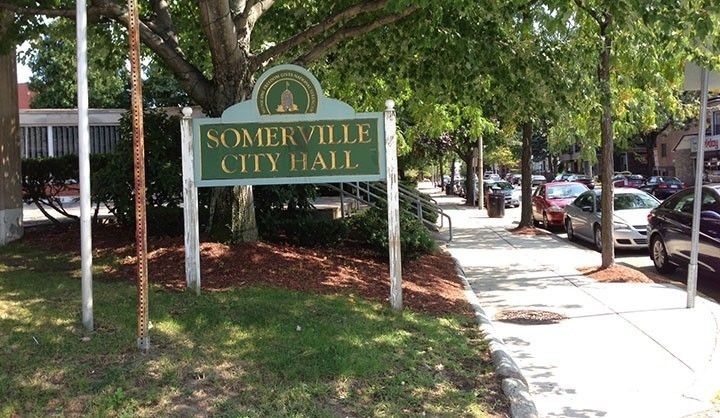- June 24, 2014
- Civic Data
In 2011, Somerville, Massachusetts made headlines when it became the first city in the country to ask its residents “How happy do you feel right now?” along with a variety of other questions aimed at gathering data on the satisfaction level and wellbeing of those living in the municipality.
Now, at the urging of Mayor Joe Curtatone, the city is taking a more in-depth look at the complex factors that impact satisfaction and the family development system more generally, as its Office of Innovation and Analysis pilots a new policymaking tactic: the Network for Exploring & Understanding Systems, or NEXUS.
As its name suggests, NEXUS centers around systems thinking, an approach grounded in the idea that a full understanding of a policy problem requires considering the ways that different parts of a given system – or parts of multiple systems – interact with one another, especially when those ways are unpredicted.
John Harding, a Somerville Community Analytics Manager who serves as the lead on NEXUS, explained, “The traditional methods really work well in a lot of ways, but the challenge that sometimes we bump up against in the community and really in society at large is community complexity.”
NEXUS is designed as a multi-step process, beginning with the broad collection of data – mostly qualitative – from a wide variety of community members, reflecting the participatory aspect of the model. For the pilot, for instance, Somerville held various meetings and workshops with residents, service providers, and others in order to find out directly from them what they believe impacts family satisfaction.
“Oftentimes analytics are more or less descriptive: what is happening, what is the trend,” Harding said. “We’re trying to get deeper and ask the question of how and even why.”
Armed with this data, the next phase of NEXUS involves creating a detailed systems map that shows the complex interrelationships among the variables at play, as identified by the community participants. In the case of the family development system, the factors cited as affecting the level of family satisfaction include neighborliness, the housing market, social capital, and public safety.
The systems map, which demonstrates both direct and indirect effects and both positive and inverse relationships, then enables the city to pinpoint areas in which the city can make the most impactful changes, at key leverage points.
“Oftentimes analytics are more or less descriptive: what is happening, what is the trend,” Harding said. “We’re trying to get deeper and ask the question of how and even why.”
In addition to the early data-gathering stage, data plays a central role in NEXUS in several other respects. From the outset, data helps determine what system to examine. For example, the issue of family satisfaction came on the table after the city noticed that the Somerville population consisted of especially large numbers of people in their 20s and early 30s, as well as two- and three-year-olds, but much smaller numbers of older children and people in their late 30s and 40s.
Once the systems map has been sketched out, data is also crucial to the process, as it is used to verify the existence of relationships reflected in the map, discover more about them, and thus confirm that a certain intervention point makes sense to target.
For other cities that are interested in implementing a systems thinking model like NEXUS, Harding and the other members of Somerville’s NEXUS team emphasized that, even as the approach tries to get at the root of the complex interplay of systems, it is itself complex, uncertain, necessarily long-term—and involves a willingness to learn on the go.
“It’s easy to be kind of scared by complexity. It’s quite daunting…but it doesn’t have to be and that’s what we’re trying to prove here with this,” Harding said.


 Victoria Kabak is a Master in Public Policy candidate at the Harvard Kennedy School. Originally from New York City, Victoria worked most recently at a nonprofit organization that seeks systemic reform of child welfare systems around the United States. Her current research interests include innovative anti-poverty work, early childhood interventions on the local level, and integrating data across issue areas. Victoria received her B.A. in Social Studies from Harvard College.
Victoria Kabak is a Master in Public Policy candidate at the Harvard Kennedy School. Originally from New York City, Victoria worked most recently at a nonprofit organization that seeks systemic reform of child welfare systems around the United States. Her current research interests include innovative anti-poverty work, early childhood interventions on the local level, and integrating data across issue areas. Victoria received her B.A. in Social Studies from Harvard College.

